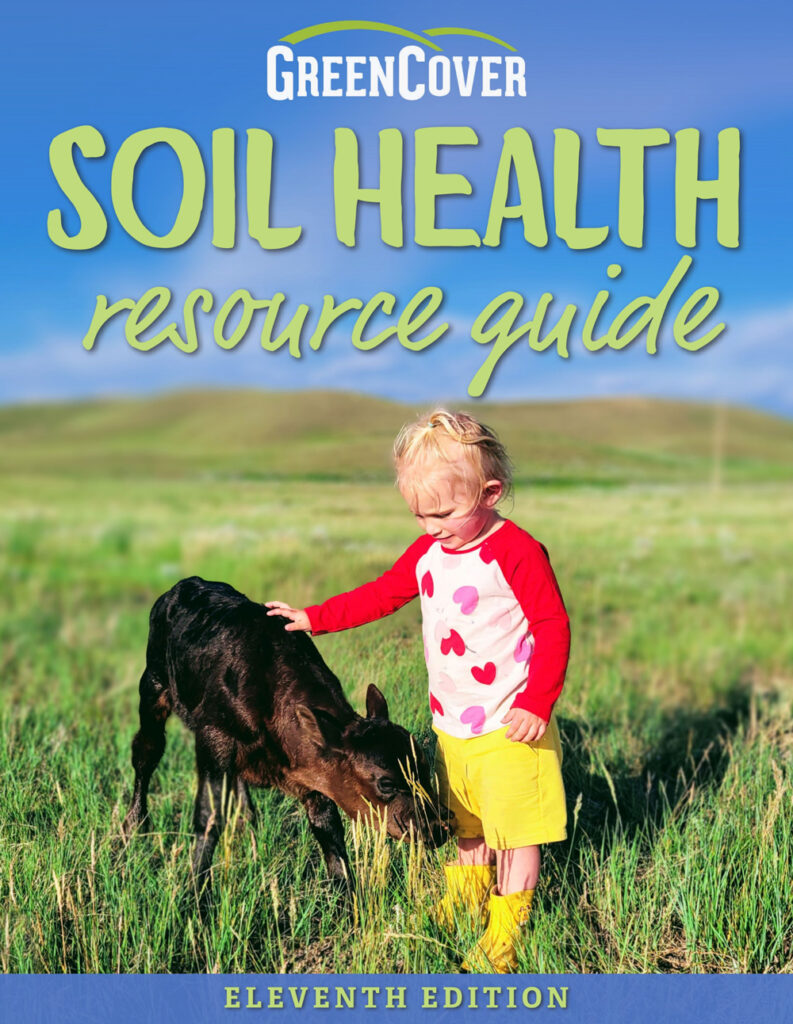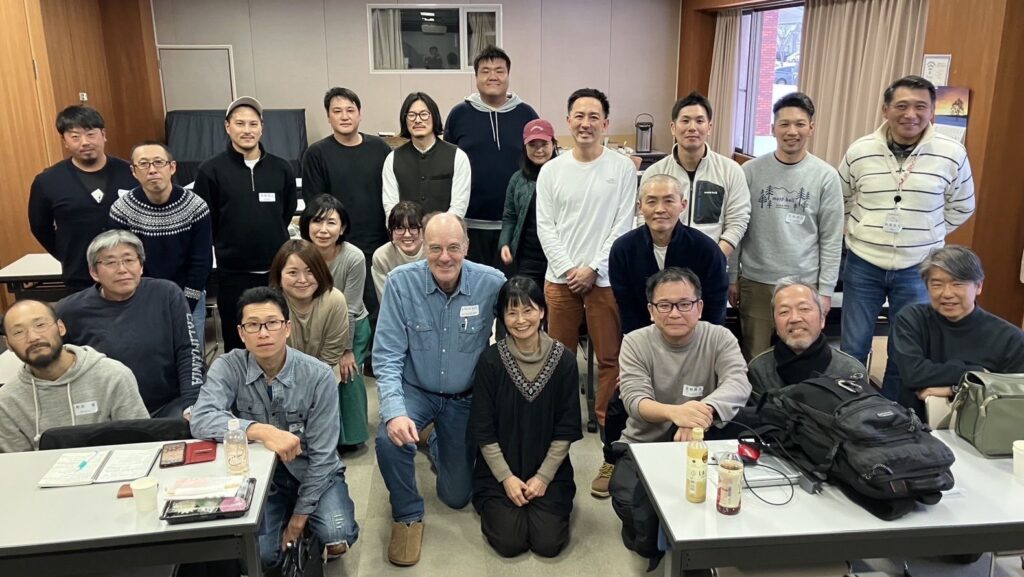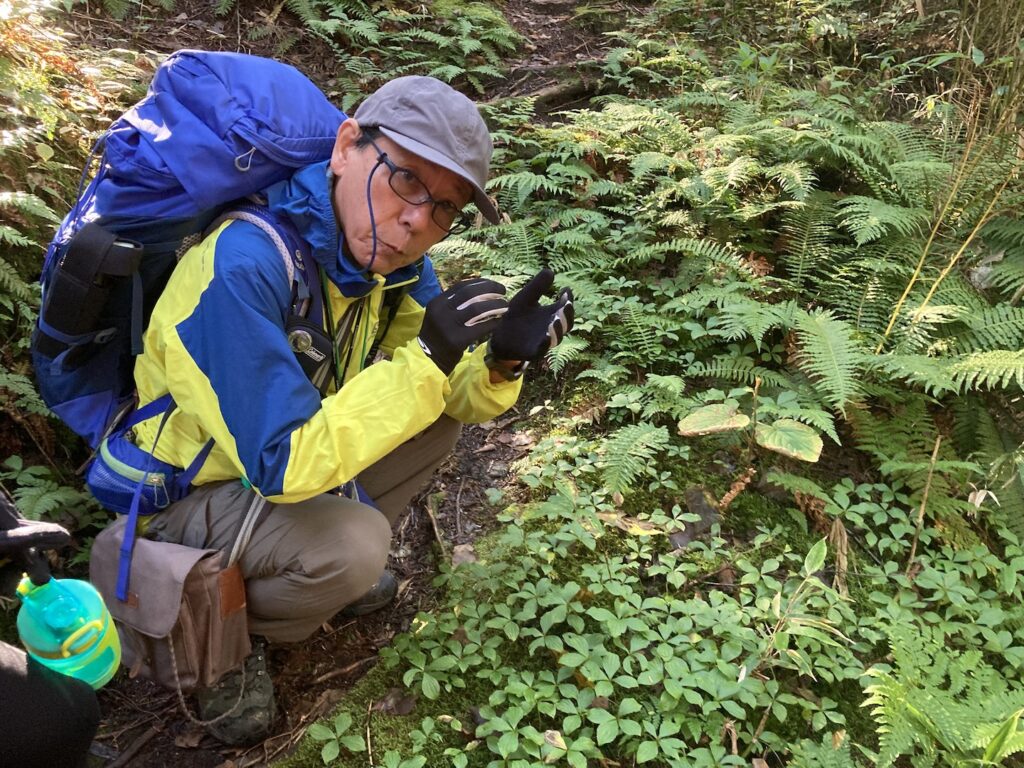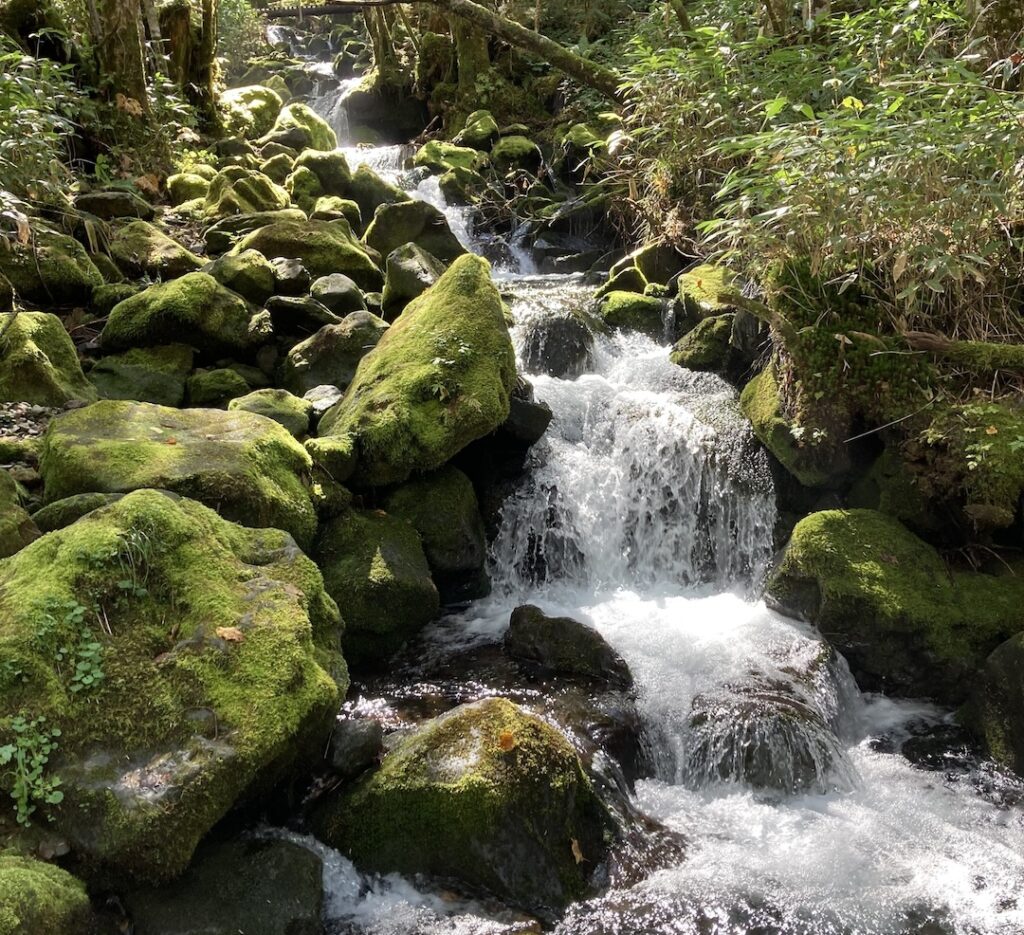There is a striking vision in Isaiah 6:3. The verse reads:
“And they called out to one another: “Holy, holy, holy is the LORD Almighty; the whole earth is full of his glory.””
They are the seraphim, six-winged heavenly creatures. Because of their fantastic nature, our mind’s eye tends to linger on them and not register what they actually say. But isn’t it striking that these fantastic beings direct our attention to the earth, the same earth that is with us and all around us 24/7?
In a sense, this shouldn’t be a surprise. In Genesis 1:31, God declares everything to be very good. That is high praise.
Nevertheless, unless we are attentive and present, it is easy to be as distracted by technology and our human-shaped world as we are by the seraphim. This deprive us of experiences of God’s glory. In doing that, we deprive our hearts and souls of the reverence and awe that are foundational for real, living faith.
In this post, I want to share just one small feature of the earth that is full of God’s glory.
That feature appears in this video of a lecture by Dr. Christine Jone about soil life and function. Dr. Christine Jones is an Australian soils ecologist who has helped farmers around the world better understand how the soil biome works. She has also taught farmers how building the ecology of soil life enables them to grow healthier, more productive plants and make more profit by using fewer (or no) chemicals. Her clear explanations of the wonders of the soil world have (along with the podcast of John Kempf) helped grow my enthusiasm about soil and regenerative agriculture. I hope you will take a look:
If you don’t have time to watch it right now, here is the one nugget that especially struck me. She has a slide that reads:
“There can be up to 9 billion microbes in one single seed!!
In an article on the website of Green Cover Seed, Dr. Jones explains the significance of that:
“Seeds contain hundreds of species of bacteria, archaea, fungi and protists. When a seed germinates the microbes multiply and move into the new roots and the soil surrounding the roots. The plant forms its own microbiome, distinctly different from the microbiome of bulk soil.”
So, in essence, seeds carry luggage with them on their travels. That “luggage” is the microbial community they need to thrive.
That is astounding. It is one more aspect of soil ecology that is being discovered by the rapidly growing science of regenerative agriculture. Through my work for non-profits promoting organic and regenerative agriculture, I’ve had the opportunity to learn how farming that builds soil life can prosper farmers, eaters, communities, and God’s earth. I also have been striving to translate those insights into changes in how farmland is actually stewarded by farmers and landowners.
Undoubtedly, there are particular aspects of Creation you have read about that amaze you. I would love to hear what they are.
But we shouldn’t stop there. What is to be our lived response to God’s glory filling the earth?
I would suggest that one response should be to make time to attune ourselves to that glory by immersing ourselves in the actual experience Creation. Camping. Birding Gardening. Slow walks in natural places. If you’re looking for inspiration (which is not a substitute for actually getting outside!), check out Bill Davison’s excellent substack – Easy by Nature.
We should also act in the world to restore the earth so that God’s glory is not hidden, diminished, or marred.
The Green Cover Seed company, which offers a free and wonderfully comprehensive guide to regenerative agriculture on its website, provides a great example.
Founded by brothers Keith and Brian Berns, Green Cover Seed is an energetic, faith-driven company that is helping farmers utilize cover crops to build soil, provide habitat, and produce abundant crops. Here is their mission statement:
To help people regenerate, steward, and share God’s creation for future generations.
We believe cover crops are key to improving soil health, and healthy soils lead to healthy food and thus healthy people.
Green Cover strives to honor and glorify God through our business ethics and practices, and to follow the example of Jesus Christ when interacting with customers and team members.
Can I get an amen??
What is your response in your daily use of Creation and the larger arc of your life?








